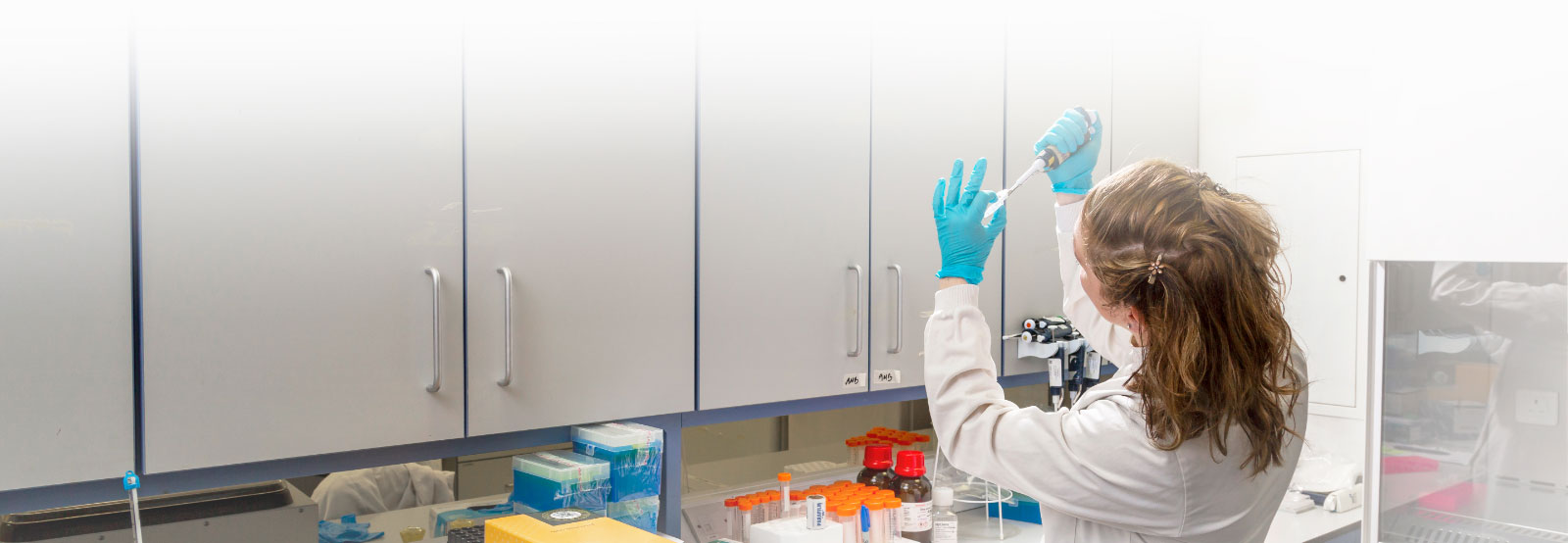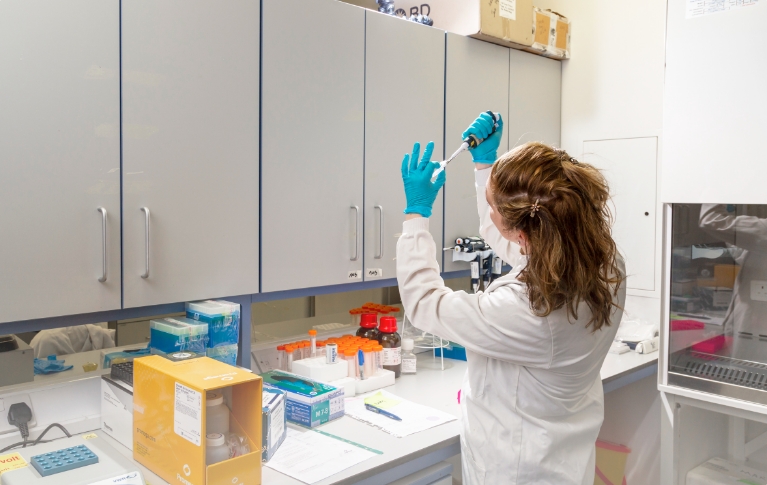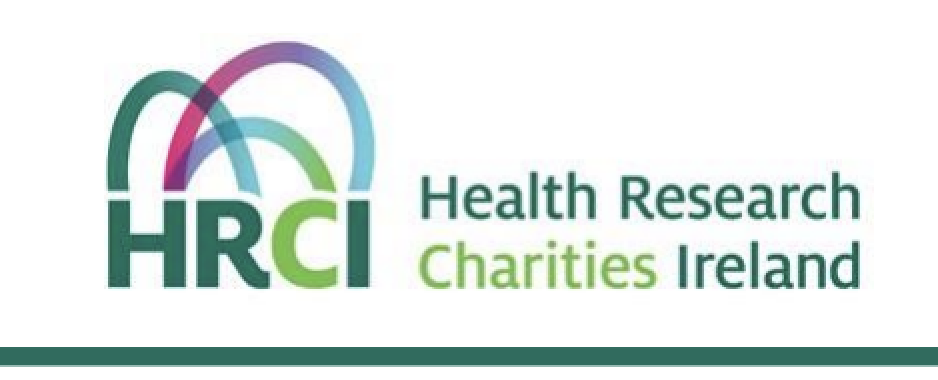* Minister Varadkar was asked by Finian McGrath TD if he will support Biobank Trust Ireland (sic) in 2015-2016 (details supplied); and if he will make a statement on the matter.The new Health Research Regulations (HRR), August 2018 (part of the Irish Data Protection Act, May 2018), in response to the EU General Data Protection Regulations (GDPR) require that patients give explicit consent for the use of their non-personal data in new medical research projects. However, a unique feature of the HRR is that if a research project is considered to be of significant public benefit and consent is not possible to obtain, a (highly detailed) application to a Committee may result in an exceptional declaration that consent is unnecessary.
Millions of potentially very valuable research tissue samples from patients’ operations have been stored in Irish pathology departments as part of clinical records over the last 40 years. These archival (i.e. pre-2018) samples are used if required during a patient’s next admission to hospital, for consultation or for medico-legal purposes. But archival tissue samples are also very widely used ethically and legally, in research worldwide, including in Ireland north and south. Research examination of the archival tissue together with linked patient data from hospital databases can be correlated with treatment response and disease outcome. Modern precision medicine and the development of new treatments for cancer and other diseases depend on being able to use archival tissue. Contacting all these patients for their consent is not feasible. Anonymous contact by post or by phone – years after an operation – is completely different to face-to-face explicit consent: it is distressing for patients and their families. Moreover, surveys show this is not what patients want. GDPR interpretation in other EU countries does not render highly valuable archival tissue burdensome to access for research. Furthermore, the European Data Protection Board has recently disagreed with the rigid approach to data protection in Ireland’s HRR.
Irish research projects are carried out safeguarding patient privacy and confidentiality, following scientific and ethical approval. Legal use of non-personal data associated with archival pathology samples should be based on their inestimable research value and the potential public benefit derived therefrom. The HRR make special provision for research of significant public benefit, but the enormous scale, diversity and uniqueness of non-personal data associated with archival samples makes multiple separate detailed applications to a Consent Declaration Committee inappropriate. Instead, this must be specifically addressed and clarified in an amendment to the HRR, in the public interest and for the sake of future patients.
Eoin Gaffney MD, March 11, 2019
REPLY
I acknowledge the benefits that would accrue from a national biobanking infrastructure. In 2012 the Health Research Group adopted a National Plan for Biobanking. An action “to take steps to establish a national biobanking system and support infrastructure by 2016” was subsequently included in the Action Plan for Jobs.
The Health Research Board, which is funded by my Department, has led work on the biobanking initiative with the relevant agencies and is progressing the initiative. It would, therefore, be appropriate for Biobank Trust Ireland to engage with the HRB on the matter.
See link to RTE news coverage of the “Biobank Ireland – Now We Are 10” meeting in September 2014.
www.rte.ie/news/2014/0911/642907-biobank/




